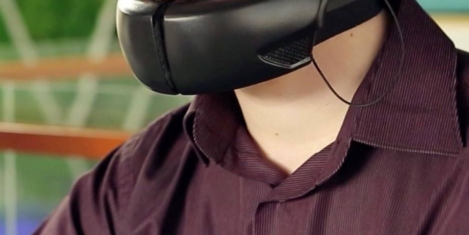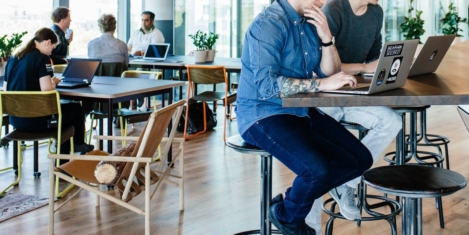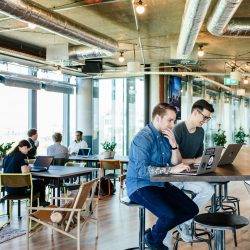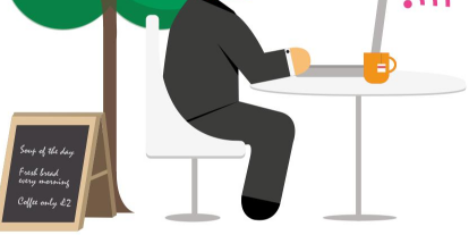January 11, 2017
New gadget aims to deal with office acoustics at source 0
 Last year we ran a piece which looked at some of the outlandish ways designers have offered people the chance to get some peace and quiet at work. The extremes people will consider as they deal with the challenge of office acoustics is enlightening. All of those examples relied on the principle of keeping at least some of the racket produced by colleagues from entering the ear. But a new prototype product launched at this week’s Consumer Electronics Show in Las Vegas frames the issue differently by going back to source. The Hushme is a voice masking device for mobile phones. It has integrated earbuds and comes with a range of masking sounds such as wind, rain, monkey, Darth Vader and squirrel. You have to wonder who it’s aimed at but the makers suggest it is all about privacy. Then again, it may make an ideal gift for some and could be popular for this year’s Secret Santas.
Last year we ran a piece which looked at some of the outlandish ways designers have offered people the chance to get some peace and quiet at work. The extremes people will consider as they deal with the challenge of office acoustics is enlightening. All of those examples relied on the principle of keeping at least some of the racket produced by colleagues from entering the ear. But a new prototype product launched at this week’s Consumer Electronics Show in Las Vegas frames the issue differently by going back to source. The Hushme is a voice masking device for mobile phones. It has integrated earbuds and comes with a range of masking sounds such as wind, rain, monkey, Darth Vader and squirrel. You have to wonder who it’s aimed at but the makers suggest it is all about privacy. Then again, it may make an ideal gift for some and could be popular for this year’s Secret Santas.
[embedyt] https://www.youtube.com/watch?v=k2Cf3rHifv0[/embedyt]





































